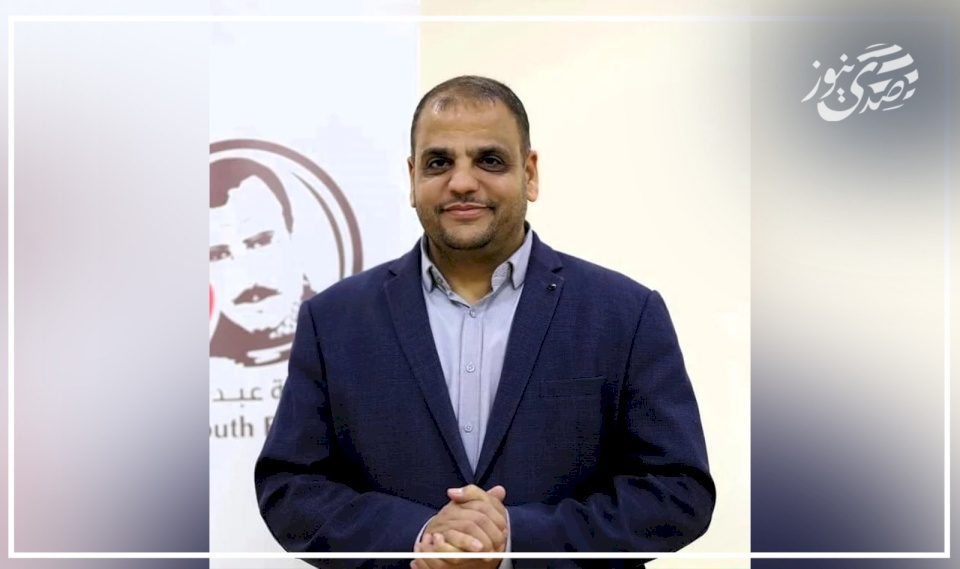
The Economic Strangulation: Israel's Strategy to Undermine Palestinian Identity
For the fourth consecutive month, Israel has withheld all revenues from the Palestinian clearance system, which constitutes 68% of the Palestinian Authority's public revenues. The average monthly value during the year 2025 was approximately 850 million shekels. This withholding means that Israel has "zeroed" the clearance revenues, resulting in the public finance losing its most important components, leaving only local revenues, which account for about 32% of the total income. In practice, local revenues have also shrunk due to the contraction of the economy and a decline in GDP by 28%. Foreign aid and donations are scarce and limited, with support from Saudi Arabia amounting to $30 million, and programmed support from the European Union through the "PEGAS" mechanism.
The "zeroing" of all clearance revenues comes without any justifications, not even a Knesset law or a resolution from the cabinet, but rather a decision by the extremist Finance Minister "Smotrich" to punish the Palestinian Authority and the Palestinian people, stifling the Palestinian economy. This is part of a clear, even declared, Israeli strategy to economically choke the Palestinians, aiming to undermine Palestinian identity, prevent the establishment of a Palestinian state, and dry up the financial resources of the Palestinian Authority, thereby presenting it as incapable of meeting the basic services for citizens such as salaries, health, education, and social protection, alongside a series of other Israeli measures suffocating the Palestinian economy, such as the crisis of shekel accumulation, the closure of the Israeli market to Palestinian workers for two years, the threat to sever banking relations between Palestinian and Israeli banks, and the complete siege on all Palestinian villages and cities through a policy of gates and barriers, numbering around 1,200 gates and barriers and earth mounds.
In reality, Israel aims through these policies and measures to re-engineer Palestinian collective consciousness, by portraying the national authority as incapable of providing essential services or meeting citizens' needs, or paying salaries of public sector employees, in order to create a popular condition – under economic pressure and systematic impoverishment – towards accepting any other solutions at the expense of Palestinian identity. Additionally, it seeks to fragment the national collective identity of the Palestinian people through economic pressure tools to create structural and social collapses, generating an environment hostile to life and investment in Palestine, converting economic pressure into social pressure for Palestinian internal explosion, and creating a state of "creative chaos" in the connotation of Kandelis, along with instilling a sense of frustration and despair that makes Palestinians search for any solutions to their crises, at the expense of their national cause.
In effect, the current situation and Israel's ongoing strategy represent a fundamental challenge to the Palestinian national project and the Palestinian identity, which is the greatest challenge since the establishment of the Palestinian National Authority. It requires a comprehensive Palestinian strategy to address this challenge, rather than betting on time or the collapse of the trio government (Netanyahu - Ben Gvir - Smotrich) since the upcoming Israeli elections are a year away, assuming they may yield a less extremist government. This strategy should crystallize around unifying all Palestinians, engaging all segments from Palestinian leadership, government, private sector, civil society institutions, and Palestinian parties and factions, revitalizing the Palestinian Liberation Organization and its institutions, and creating a unified Palestinian-Arab stance with support from friendly nations. It is unreasonable to address the economic crisis from a technical perspective solely through the efforts of the Ministry of Finance and the government but rather through an inclusive national strategy that mobilizes all resources and possibilities.
There should be an immediate campaign launched to secure a financial safety net from Arab and friendly countries for six months to support the general budget and halt the structural collapse of public services, which has already begun partially. The economic battle – from my perspective – may be more dangerous than the military battle, as it aims to shape the national consciousness and reframe collective awareness based on securing daily needs and livelihoods, and to consider any solutions that ensure their requirements, falling to the first level of Maslow's hierarchy of needs, which aligns with the Israeli strategy that works quietly and steadily to execute the annexation plan in the West Bank, and to destroy Gaza so that it becomes a land of sand and tents, delegitimizing Palestinian sovereignty and identity. Smotrich's vision is openly working to change the political, geographical, and demographic reality in the West Bank by reshaping its genetic code to create a new sustainable and irreversible reality for settlers.
Perhaps there is still time to rectify the situation through a comprehensive Palestinian national strategy, but waiting for "Ghuddu" for solutions based on losing or unrealistic bets will make the cost of any upcoming solutions higher, especially as Israel races against time to fully control the West Bank.

Huckabee's Statements Reveal the Falsehood of Trump's Peace and Reinforce Religious Confli...

Licensed Occupation by Law

Whoever Does Not Plant Hope, Plants Departure...

Between "Here is Jerusalem" and "Here is Gaza" ... The Voice of a Nation and the Steadfast...

While some count the boos, Palestinians count their martyrs.. Paradoxes of the internation...

When the Palestinian Issue is Reduced to Gaza Management

Legally Licensed Occupation

